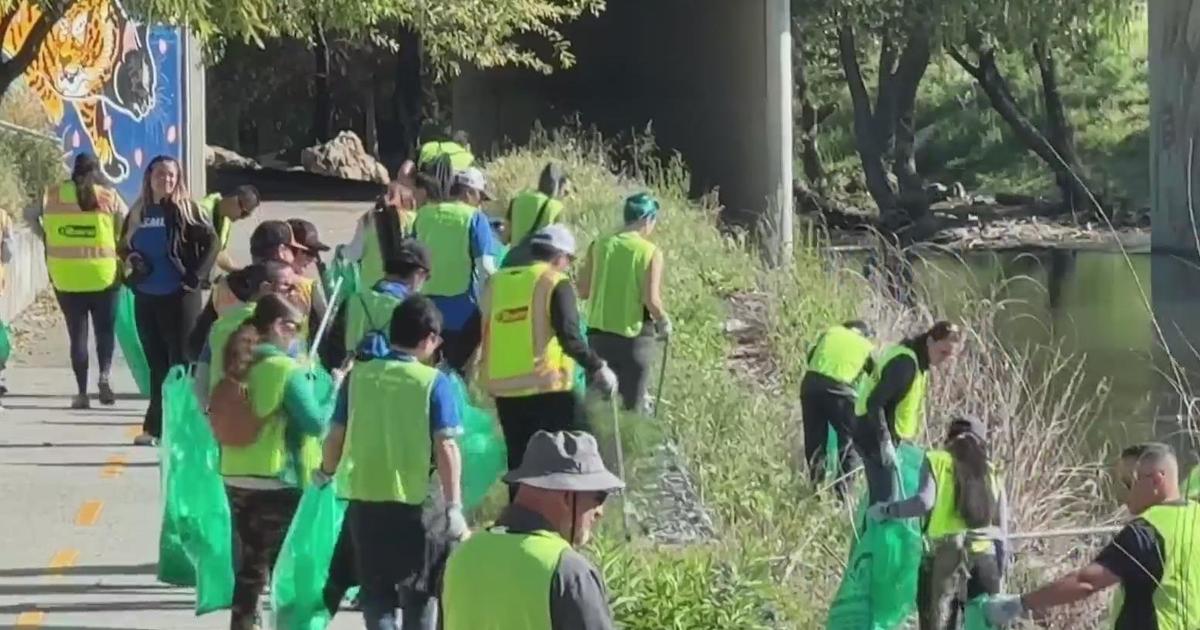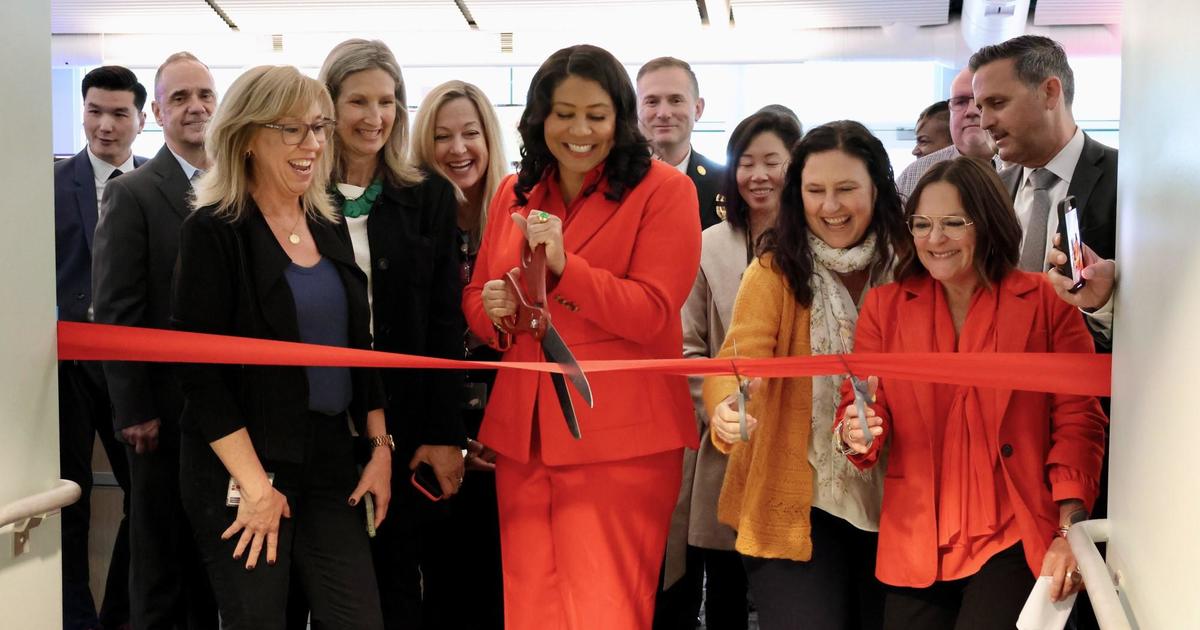Bay Area Recycling Plant Scrambles To Adapt As Overseas Market For America's Trash Dries Up
SAN FRANCISCO (KPIX) - It has been more than a year since China stopped taking most recycling from other countries. That's left Bay Area cities scrambling to find someone to take what others throw out and demanding more responsibility from its residents.
At San Francisco's Recology recycling plant, they want what comes in as refuse to leave as a clean bale of something that someone else might want to buy.
Recology spokesperson Robert Reed says they spent more than $30 million to buy new equipment to better separate plastics from paper.
"We're trying to produce cleaner bales, higher quality bales," said Reed. "There's always demand in the marketplace for high quality bales of recycling."
Reed says the company has reduced contamination from 5 percent down to one percent, but they say it's time for consumers to step up, as well. For example, 80 percent of recycling is paper or cardboard, a resource that is very much in demand. But it has to be dry. One can of liquid can ruin an entire load.
"Empty your soda cans, empty your water bottles," Reed said. "That keeps liquids out of the recycling bin. Shake out any food containers so that you're not putting any food in the recycling bin."
The company now provides small containers for food scraps that can be composted. That keeps materials that can be recycled from being contaminated.
"When the material in the recycling bin is cleaner and dryer, then the recycling workers have a better shot at getting it recycled," Reed said.
Unfortunately, most of the thin, plastic packaging and bags simply have no market value.
Reed says Recology has tried to make recycling convenient and he's proud of how well his city has embraced it. He says they focus their education efforts on young people because they are more willing to change their habits to make the system work.
"The real trick is to be brave and to inspire people to take those first few steps," Reed said.
Recyclers say just skipping the drinking straw will not solve the problem and the only real answer will come when consumers or government, or both, give businesses a reason to stop packaging everything in plastic.
Consider this sobering thought. It's estimated that only 9 percent of all plastics created since the 1950s have ever made it to recycling.



